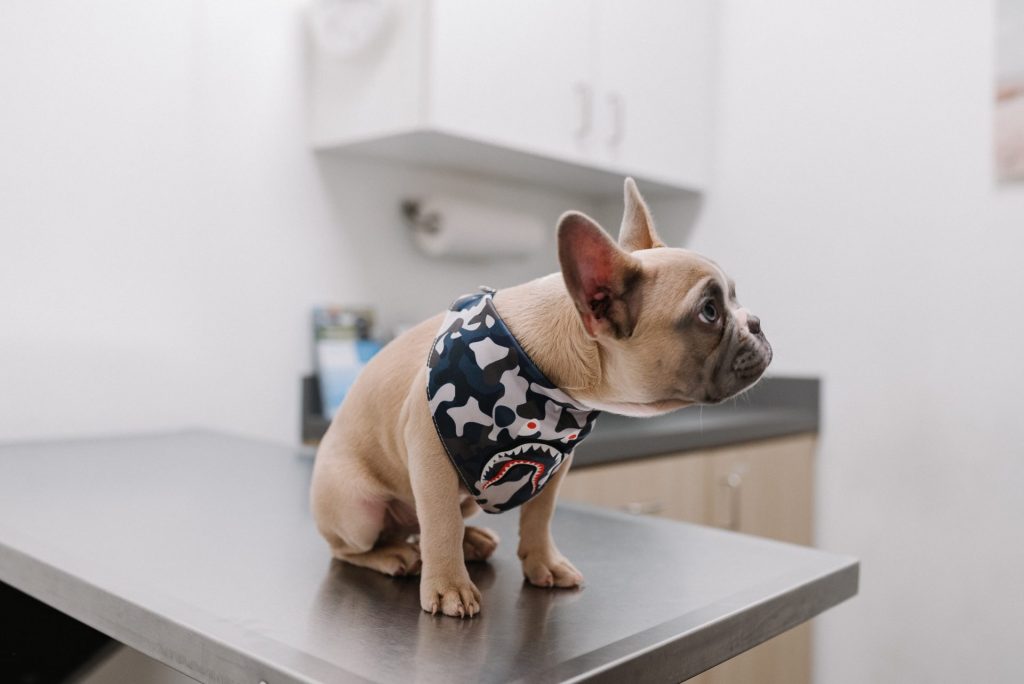Receiving a cancer diagnosis for your beloved pet can be a devastating and overwhelming experience. The fear and uncertainty can make it challenging to know where to begin. However, it’s essential to remember that you are not alone in this journey. Cancer in pets is more common than you might think, and there are steps you can take to navigate this difficult time. In this article, we will explore the five main steps you should consider once you receive a cancer diagnosis for your pet.
1. Keep Calm. Cancer In Pets Is Common.
It’s natural to be worried and frightened, but it’s essential to remember that cancer in pets is not uncommon. But with advancements in veterinary care, there are numerous treatment options available to you to potentially cure, or at the very least, provide an increased quality of life for your pet.

2. Consult With A Veterinary Oncologist
Once you receive a cancer diagnosis for your pet, the next step is to consult with a board-certified veterinary oncologist. These specialists have extensive experience with cancer care and will have the most up-to-date information on available treatment options. They can better advise on the current course of treatment or even open up new options for your pet that your general practice veterinarian is unaware of.
3. Gather Information and Educate Yourself
Once you have a better understanding of your pet’s diagnosis, it’s time to educate yourself about the type of cancer your pet has and medical terminology. Having a broader knowledge of the situation will help you make decisions and understand the information your veterinarian is providing. Feel empowered to take notes during your vet appointments, and never hesitate to ask questions.

4. Consider Treatment Options and Financial Cost
When considering treatment options, you should also think about your pet’s quality of life. Some treatments may be aggressive and have significant side effects, while others may offer a better balance between treatment and your pet’s well-being. Your vet can provide guidance on which options are most appropriate for your pet’s specific case. If you can anticipate potential challenges, you can make arrangements to make your pet more comfortable during the more difficult stages of treatment.
Also, keep in mind that cancer treatment for pets can be expensive, and it’s important to consider the financial aspects when deciding on a course of action. Some treatment options may be more affordable than others, but the costs can add up over time. Discuss your financial concerns with your veterinarian, who can help you explore potential treatment options within your budget. In some cases, pet insurance or financial assistance programs may be available to help ease the financial burden. Ask your vet’s office if they accept CareCredit, a credit card that helps pay for veterinary expenses at a fixed interest rate. You might also consider asking family and friends for support or starting a fundraiser on websites like GoFundMe.
5. Advocate For Your Pet
Advocating for your pet’s well-being is a crucial step in their cancer journey. You know best about your pet’s personality and behavior, and your furry friend is relying on you to make the best decisions on their behalf. Make sure you are actively involved in the decision-making process, and don’t hesitate to seek second opinions if you have doubts.
Furthermore, monitor your pet’s progress and communicate any changes in their condition to your vet. Regular check-ups and follow-up appointments are necessary to assess how well your pet is responding to treatment.
Receiving a cancer diagnosis for your pet is undoubtedly a challenging experience, but it’s important to remember that there are steps you can take to navigate this difficult journey. Remaining calm, consulting your vet, educating yourself, considering treatment options, and advocating for your pet are essential steps in providing the best possible care and support during this time.
Remember that every pet is unique, and what works for one may not work for another. Your veterinarian is your most valuable resource for making informed decisions about your pet’s cancer treatment. With the right approach and support, you can provide your pet with the best chance for a happy and healthy life, even in the face of a cancer diagnosis.

